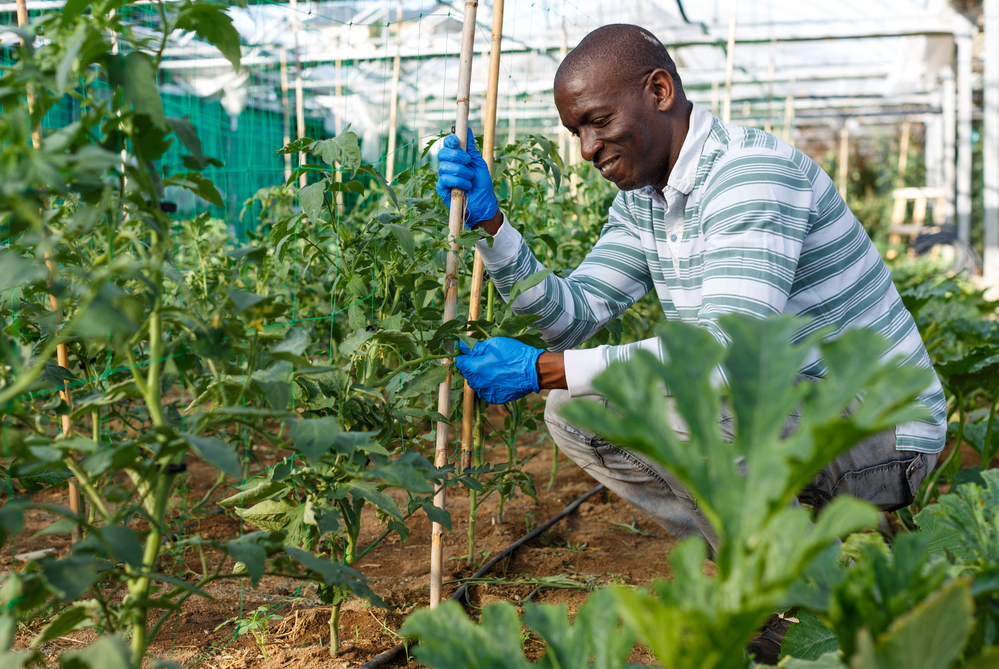A projected funded by the Green Climate Fund will benefit the agriculture sectors of The Bahamas, Belize, Dominica, Haiti, Saint Kitts and Nevis, Saint Lucia, Saint Vincent and the Grenadines, Suriname and Trinidad and Tobago

San Jose, 25 January 2021 (IICA). Under the leadership of the Ministry of the Environment and Housing of The Bahamas and with funding from the United Nations Green Climate Fund, the Inter-American Institute for Cooperation on Agriculture (IICA) and other partners will carry out actions to promote sustainable agriculture in the Caribbean – a region that is highly vulnerable to the effects of climate change.
The project, which will be implemented in nine countries (The Bahamas, Belize, Dominica, Haiti, Saint Kitts and Nevis, Saint Lucia, Saint Vincent and the Grenadines, Suriname and Trinidad and Tobago), will aim to increase the engagement of the agriculture sector in climate action and planning; to develop analysis and capacities for evidence-based decision-making; and to identify good practices, methodologies and technologies to boost agricultural resilience.
The initiative has received closed to USD 1.2 million in funding from the United Nations Green Climate Fund. It will focus on the development of capacities, strategic frameworks, knowledge management and learning, in a bid to strengthen the base upon which the Caribbean agriculture sector can prioritize investments for resilience.
“Agriculture should be part of the solution and we must support the countries of the Caribbean in generating the conditions that will allow them to be more resilient to climate change, while ensuring an adequate and quality food supply for their people”, maintained Manuel Otero, Director General of IICA.
Primary project beneficiaries will be farmers, civil society and non-governmental organizations, agricultural technical officers, governments, entrepreneurs and Caribbean youth, among others.
Moreover, the project is seeking to create a roadmap to improve reports on greenhouse gas emissions in specific agricultural value chains, thus facilitating the defining of measures to address them.
Currently, the limited capacity of the Caribbean agriculture sector to identify and manage needs in this area is creating challenges and hampering efforts to mobilize investments to reduce climate risk and to assist in emission reduction. This, combined with its weak linkages with other sectors, is limiting the access of the agriculture sector to international climate funding.
Kelly Witkowski, Manager of IICA’s Climate Change, Natural Resources and Management of Production Risks Program, indicated that, “The scope of these key objectives will assist in channeling additional resources to support the climate change response of the Caribbean agriculture sector, which is a source of income for thousands of families but one which is also extremely vulnerable to climate conditions. We will also aim to identify investment priorities and foster cooperation among countries to build more resilient food systems”.
More information:
Institutional Communication Division
comunicacion.institucional@iica.int











